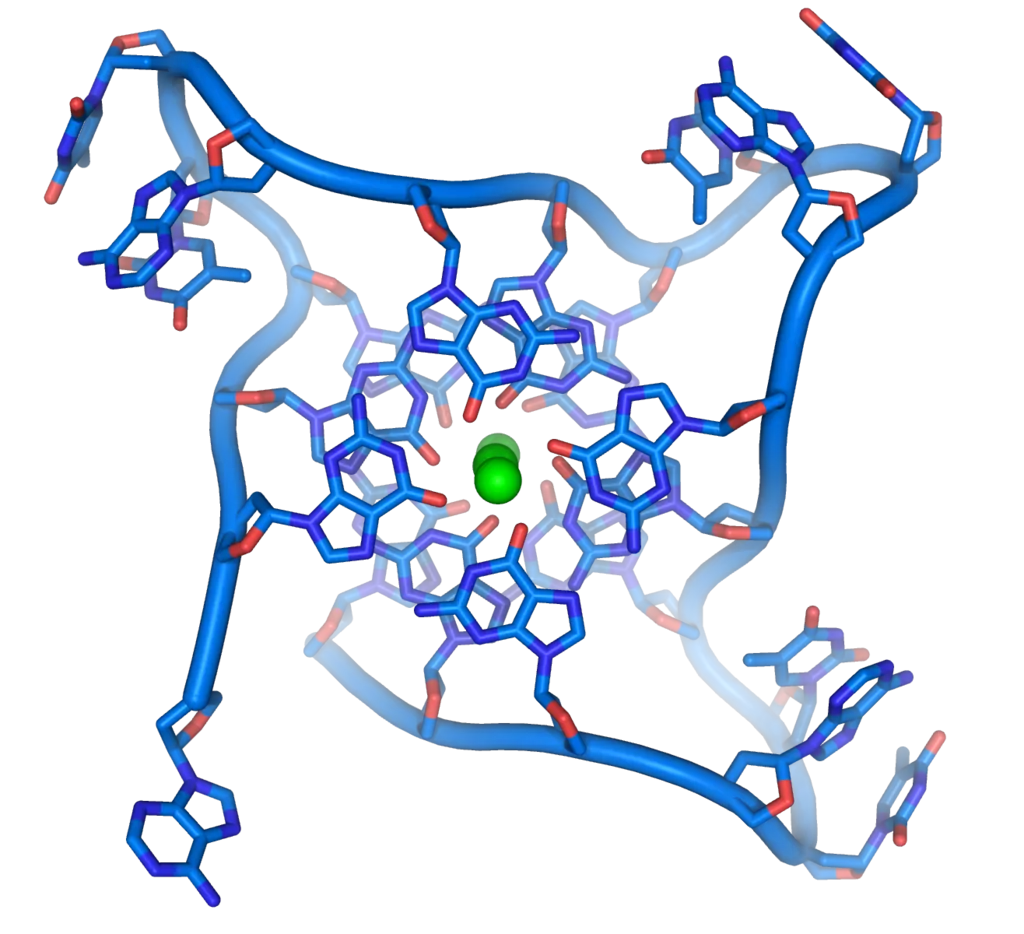Data storage is an essential aspect of modern-day technology. With the vast amount of data generated daily, it is necessary to have efficient and reliable storage systems. Currently, the most common method of data storage involves the use of magnetic and optical devices. However, these technologies have limitations in terms of their storage capacity, durability, and environmental impact. In recent years, a new approach to data storage has emerged that involves using DNA molecules as a storage medium. This method, known as nucleic acid memory, has the potential to revolutionize data storage. In this article, we will discuss nucleic acid memory and its potential applications.
What is Nucleic Acid Memory?
Nucleic acid memory is a method of data storage that involves encoding information into DNA molecules. DNA is a naturally occurring molecule that carries genetic information in living organisms. It consists of four nucleotides, which can be arranged in different sequences to encode information. In nucleic acid memory, information is encoded into the sequence of nucleotides in DNA molecules. The encoded DNA can then be stored in a variety of formats, including synthetic DNA strands, bacterial cells, and even living organisms.
Also Read:- NASA Developing Snake-Like Robot to Discover Life on Saturn's Moon
- Exploring the Latest Advancements in AI Technology
Advantages of Nucleic Acid Memory
Nucleic acid memory has several advantages over traditional data storage methods. One of the main advantages is its storage capacity. DNA molecules can store vast amounts of information. A single gram of DNA can store up to 215 petabytes of data, which is equivalent to 215 million gigabytes. This is much higher than the storage capacity of traditional storage devices. Another advantage of nucleic acid memory is its durability. DNA is a stable molecule that can last for thousands of years when stored in suitable conditions. This makes it an ideal storage medium for long-term storage of important data. Finally, nucleic acid memory has minimal environmental impact. DNA molecules are biodegradable, and their production does not generate harmful waste products.
Applications of Nucleic Acid Memory
Nucleic acid memory has several potential applications in various fields. One of the most promising applications is in the field of data archiving. DNA molecules can store vast amounts of data for long periods, making them an ideal storage medium for archiving important information. Nucleic acid memory can also be used in the field of synthetic biology. Synthetic DNA strands can be used to store genetic information and used to create new organisms with desired traits. Nucleic acid memory also has applications in the field of cryptography. DNA sequences can be used to encode information in a secure manner, making them resistant to hacking and other forms of cyber-attacks.
Challenges of Nucleic Acid Memory
Despite its potential, nucleic acid memory faces several challenges. One of the main challenges is the cost of DNA synthesis. Currently, synthesizing DNA is an expensive process that requires specialized equipment and expertise. Another challenge is the speed of data retrieval. Retrieving data from DNA molecules is a slow process that can take several hours to complete. Finally, nucleic acid memory faces ethical and regulatory challenges. The use of DNA for data storage raises concerns about genetic privacy and potential misuse of genetic information.
Nucleic acid memory is a promising new approach to data storage that has the potential to revolutionize the field. It offers several advantages over traditional storage methods, including high storage capacity, durability, and minimal environmental impact. However, it also faces several challenges that must be overcome before it can become a viable alternative to traditional storage methods. Despite these challenges, nucleic acid memory represents an exciting new frontier in the field of data storage, and its potential applications are vast.
Read More:- Astronomers Discover Fascinating Details About Exoplanets
- Xbox App for PC Gets an Update: Sorting Games by Length and Accessibility
That's it for this article.
Thanks for Visiting Us – Fixyanet.com




0 Comments